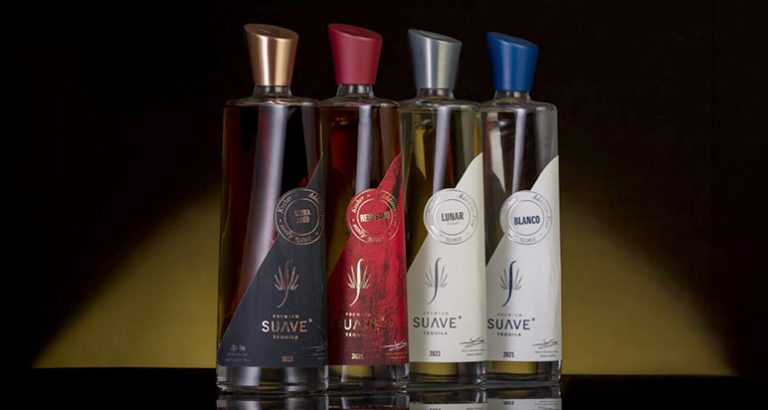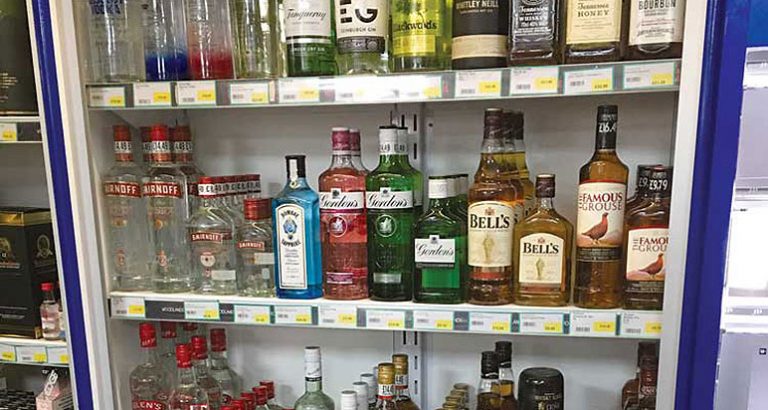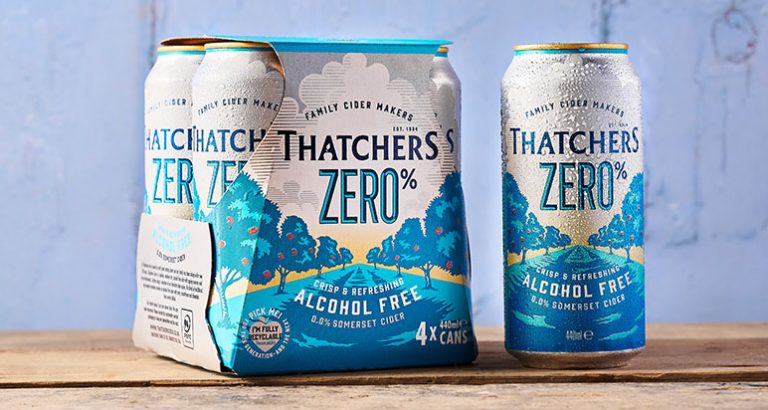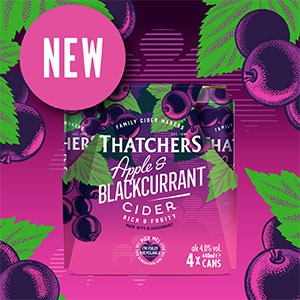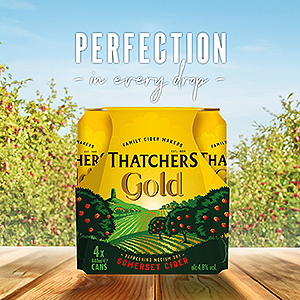Partner and Head of Licensing (Scotland) at TLT LLP
A number of clients approach me at this, the most wonderful time of year, seeking advice on alcoholic food-based products and whether these are covered by licensing laws or not.
One of the main queries seems to be about liqueur confectionery. Retailers know that specialist products like cherry liqueurs that appear at this time of year have some alcoholic content. They know too that they can only display alcohol within a defined area, which is set under their licence.
Display of alcohol outside of this area is a criminal offence so it’s always sensible to check your licence and layout plan to know exactly what is allowed. In some cases, licensing boards allow special additional “seasonal” displays of alcohol during the festive period. But does liqueur confectionery need to be in these special display areas? The answer is – no.
The Licensing (Scotland) Act 2005, which controls the sale and display of alcohol, has a legal definition for what constitutes “alcohol” for the purposes of licensing law. Section 2(b)(ix) specifically removes liqueur confectionery from the definition, meaning you don’t need a licence to sell it and there is no control over where it can be displayed.
However, the Act does impose one special rule about liqueur confectionery and that is it is illegal to sell it to a child (someone aged 15 or below). In other words, it is lawful to sell these products to persons aged 16 years and above. The usual rules about age verification and due diligence apply.
Separately, a common question for licensing lawyers in the run up to Christmas is about what you might call alcoholic food gifts – food or other non-liquid products that contain alcohol. Examples might include brandy butter, rum-raisin cakes or Irish cream-liqueur ice cream.
There are numerous variants on these types of items such as frozen cocktails, flavoured condiments like a bourbon BBQ sauce, or even gin-infused jams. There is no doubt that alcohol is a constituent part of the product and in some cases there might even be an ABV displayed. However, these types of products are not, in my view, alcohol for the purposes of licensing law.
The licensing laws are designed to apply to free-flowing liquid products that are designed to be drunk. Alcohol that is part of a food-based product that’s in a solid or semi-solid state does not require a licence to sell and no part of the 2005 Act applies to such products.
It is then a matter for individual retailers to take a decision about whether they wish to adopt age verification processes, but if they do, that is a matter for the retailer and their own internal policies. If a retailer does wish to adopt such restrictions, then key messaging to customers is sensible to prevent any confusion and embarrassment at the tills. A very warm and merry Christmas to you all!



